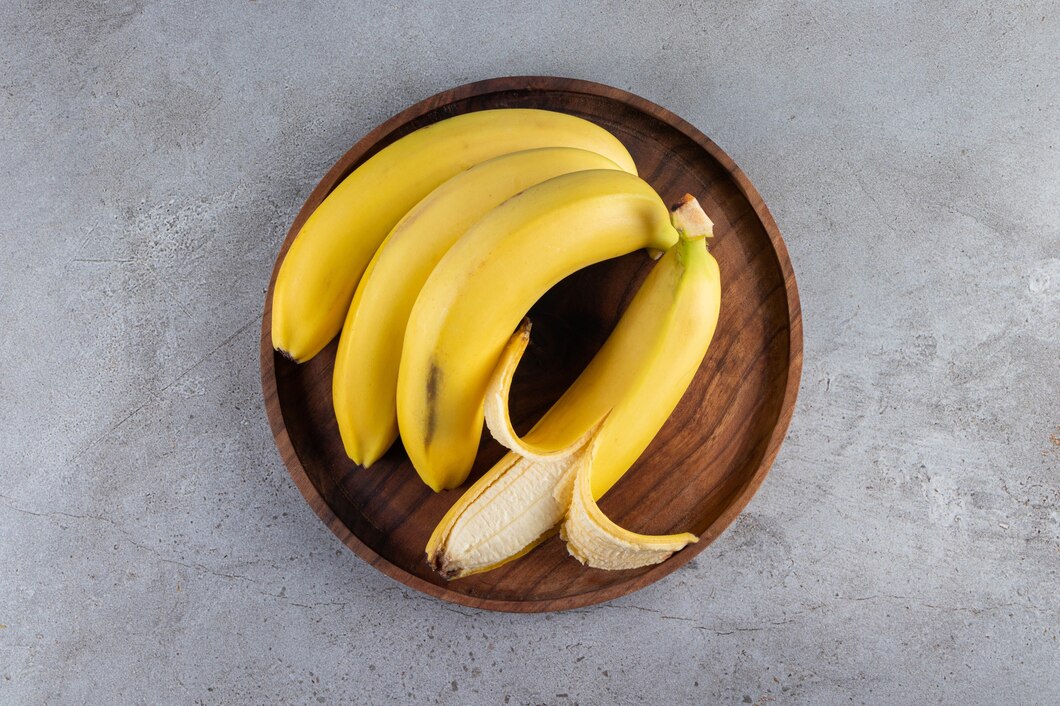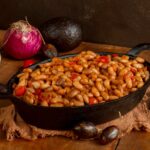Combining certain foods with specific herbs can sometimes lead to harmful interactions, resulting in adverse effects that may range from mild discomfort to serious health risks. Here are 10 foods that can become poisonous or harmful when mixed with the wrong herbs.
1. Grapefruit and Certain Medications
While not an herb, grapefruit is known for its potential to interact dangerously with many herbs and medications. For example, combining grapefruit with St. John’s Wort or certain cholesterol-lowering herbs can cause excessive amounts of the herb to enter the bloodstream, leading to toxicity.
2. Garlic and Anticoagulant Herbs
Garlic is a powerful food with numerous health benefits, but when combined with anticoagulant herbs like ginkgo biloba, ginger, or ginseng, it can increase the risk of bleeding. Both garlic and these herbs thin the blood, which can lead to excessive bleeding or bruising.
3. Licorice Root and Salt
Licorice root is often used in herbal remedies, but when consumed in large amounts, particularly by people who consume high-sodium diets, it can lead to dangerous increases in blood pressure and potassium depletion, which can cause heart problems.
4. Kale and Thyroid-Suppressing Herbs
Kale is a superfood rich in nutrients, but it contains goitrogens, which can interfere with thyroid function when consumed in large quantities. When combined with thyroid-suppressing herbs like lemon balm or bugleweed, the risk of hypothyroidism (underactive thyroid) can increase.
5. Green Tea and Ephedra
Green tea is loaded with antioxidants, but when mixed with ephedra, a stimulant herb, it can lead to an increase in blood pressure and heart rate. This combination may cause heart palpitations, anxiety, and in extreme cases, heart attack or stroke.
6. Spinach and Blood-Thinning Herbs
Spinach is high in vitamin K, which helps with blood clotting. When taken with blood-thinning herbs like ginseng or ginkgo biloba, it can reduce the effectiveness of these herbs, leading to a risk of clotting disorders.
7. Bananas and St. John’s Wort
Bananas are high in tyramine, a compound that can cause a spike in blood pressure. When consumed with St. John’s Wort, an herb used for depression, this combination can increase the risk of hypertension and serotonin syndrome, which is a potentially life-threatening condition.
8. Soy and Thyroid-Suppressing Herbs
Soy products contain isoflavones, which can affect thyroid function. When consumed with herbs like lemon balm or bugleweed, which also suppress thyroid activity, this combination can lead to an underactive thyroid, especially in those already at risk.
9. Dairy Products and Calcium-Binding Herbs
Dairy is a good source of calcium, but certain herbs, such as rhubarb and spinach, contain oxalates, which can bind to calcium and prevent its absorption. This can lead to calcium deficiency and increase the risk of kidney stones in susceptible individuals.
10. Almonds and Bitter Almond Extract
Almonds are generally safe and healthy, but bitter almonds contain amygdalin, a compound that can convert to cyanide when metabolized. When combined with certain herbs that affect enzyme activity in the liver, such as those in the apricot kernel family, this can lead to cyanide poisoning.
While many foods and herbs are safe when consumed individually, certain combinations can be harmful or even toxic. It’s essential to be aware of potential interactions between the foods and herbs you consume, especially if you are using herbal supplements or have underlying health conditions. Always consult with a healthcare professional or a qualified herbalist before combining specific foods with herbal remedies to ensure safety.








